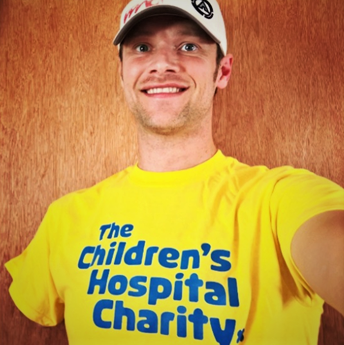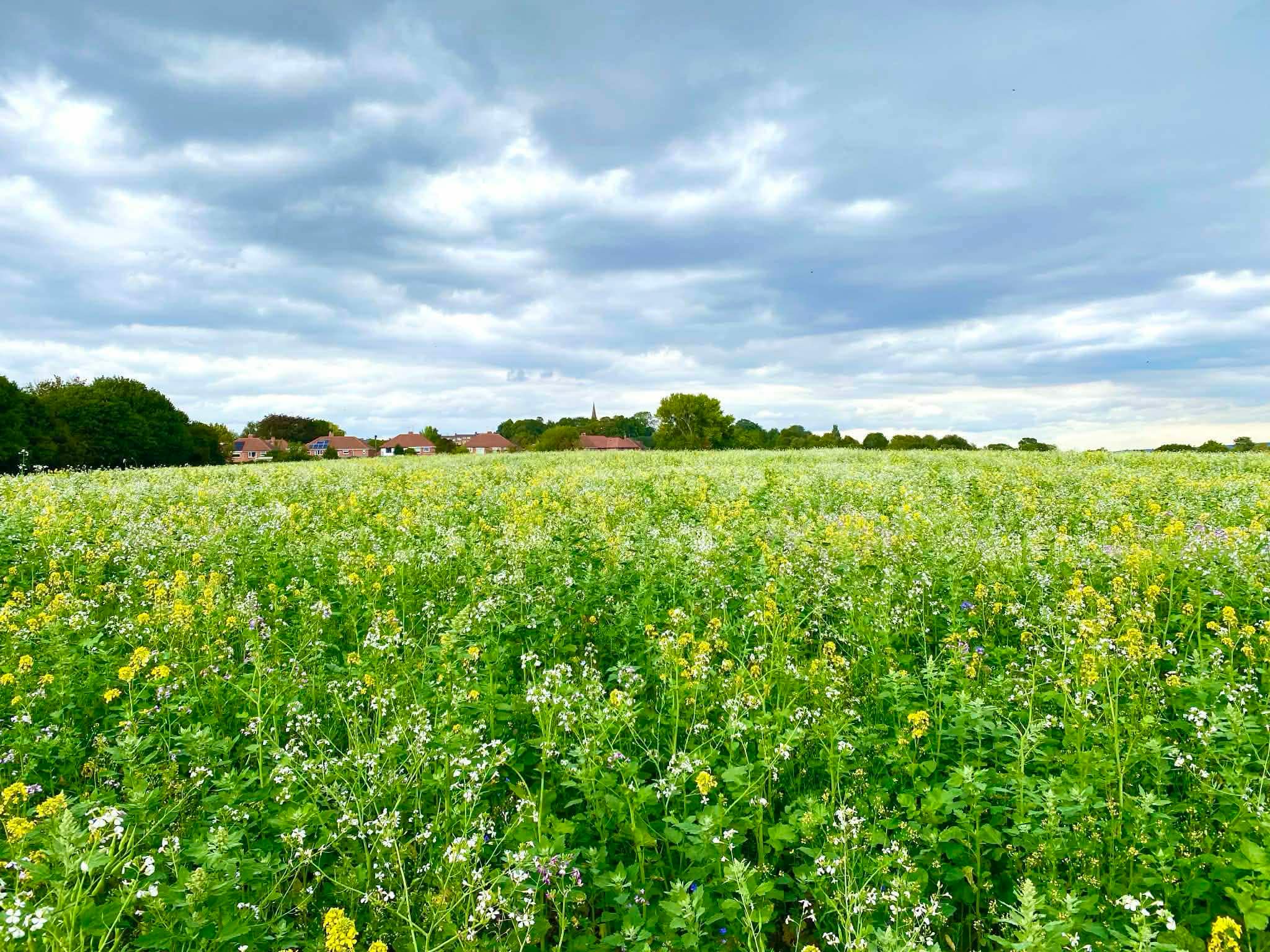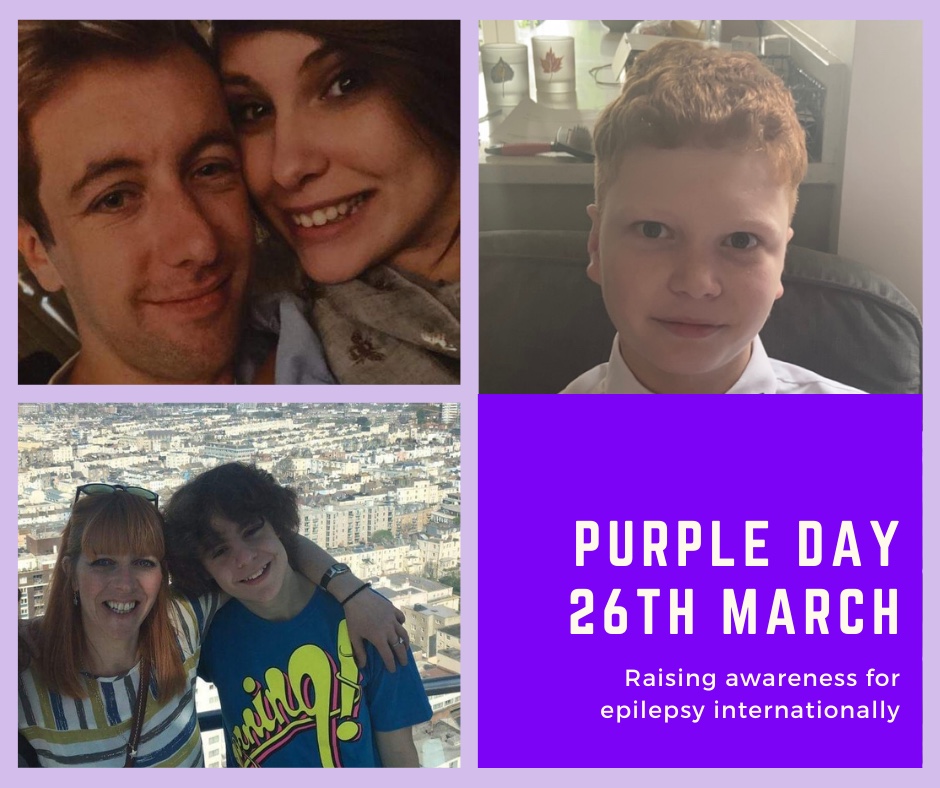“I’m big on kindness, I love it. I live everyday by it. If I do kindness it seems to put another 10 percent into my energy levels. If I am down I remember one good thing that I did, that smile from that person, that appreciation, that gives me that boost.”
Currently working with 14 students from the University of Sheffield’s Bionics Society who are creating a prosthetic arm for him, Yorkshireman and amputee Mark Whitehead is one truly understated altruist here to inspire your day.
“I think it’s quite frustrating when you get called a humanitarian activist. Aren’t all humans active? I’m just a humanitarian, everything I do is just to promote life and positivity through people’s lives,” Mark said. Raised on a farm in Mosborough, Sheffield, the 42-year-old humanitarian was shortlisted for a Pride of Britain award in 2018 after putting forward a 13-point housing strategy to Parliament which saw 25,000 people housed after three weeks of its implementation. “I’m a big believer that if you want to implement anything in life you’ve got to implement it through yourself, you’ve got to be the change to influence change in others.”

Mark’s absolute determination to make a difference and measured approach to life is something he traces back to experiences of isolation, both in prison and whilst recovering from major surgery. After receiving treatment in hospital for a broken thumb following a charity boxing match, Mark was found to have an aortic aneurysm under his collarbone. An attempt to remove it caused him to develop sepsis.
“I can remember when the gangrene kicked in, they chopped my hand off on New Years Day 2016 and I came back down to the ward and within an hour and a half I’d died. I can remember that as vividly as hell, because I had just had my forearm and no hand. My forearm was bigger than my thighs and the smell was dead, dead body.”
Mark had three amputations in all, resulting in the entire removal of his right arm. Yet what some might see as a huge setback, Mark saw as an event which gave him purpose and a “euphoric happiness” of no longer being in anguish. “It took me to nearly die to appreciate myself and then have four weeks at home where I was s**t scared of going outside and every time I did, something messed up and I burst out crying. But then I started laughing at myself and seeing the humour behind it. I can either get bitter or I can get better.”

Arguably the most admirable of Mark’s qualities is his honesty, his belief that failure and an acceptance of your low points are key to success and happiness. Struggling to find a job due to his amputation and attempting to take his own life in 2016, Mark returned to hospital with kidney failure, an incident which motivated him to take action. Combined with his previous experience in outreach work, the humanitarian began research into mental health and vulnerability, realising he could make a difference.
Laying the groundwork in 2017, Mark founded his own non-profit organisation called Homelessness in South Yorkshire 2018 ( HISY 2018), with the view to support people and allow them to improve their own future.
HISY 2018), with the view to support people and allow them to improve their own future.
“I could big myself up all the time but I don’t have to because it’s not me who should be bigged up, it’s that kid there that’s clean and sober, he’s got a relationship, he’s got a job and he’s doing well in life. Plus the extra benefit is when he sees someone down on his knees he’s the perfect person to be able to guide that person because he’s learnt from himself.”
Although based in Sheffield and the South Yorkshire region, Mark’s organisation has sister groups set up in other areas including Birmingham and Liverpool. As much as he works closely with people providing housing, suicide intervention, helping victims of domestic abuse and delivering food parcels directly to those in need of them, Mark also speaks to landlords and business owners, the individuals likely to employ people who could become homeless.
A strong believer of finding solutions over targeting problems, he also established a small clothing company using organic and ethically recycled and resourced cotton with the help of one man’s invention which transformed the old fabrics into mulch. Not for profit, but to supply charities with free stock so that people participating in fundraisers could do so without being charged to wear a t-shirt.
Humanitarianism aside, Mark has most recently been involved in a project with 14 students from the University of Sheffield’s Bionics Society who have been working diligently since March 2020 to create a prosthetic arm for him. Third year bioengineering student and project leader, Thomas Binu, said how the team are close to nailing the structure for the first prototype and are working on incorporating motors so the arm can move.
He said: “We have done some gesture classification so basically Mark would squeeze his hand and the way he squeezes his hand would depend on whatever action the arm will do. That’s how he will interface with the arm.”
On his experience of meeting and working with Mark, Thomas said: “Just talking to him will make you want to be a better person.”
President of the Bionics Society, Alex Pop, is involved with much of the computer-aided design and manufacturing side of the project. “It’s very motivating having someone you’re doing this for. He’s a nice, chilled dude to work with and is inspiring to talk to,” he said.

Nearing the end of the interview, Mark chuckled as he explained how he has found working with the students remarking how they beat themselves up too much for not being quick enough. “I got told by doctors there were no nerves in my arm so EMG [Electromyography] would never work, but we got like seven movements from the first one. Their technology is phenomenal.”
Finally, Mark’s advice for others? Even if you’re going through the worst traumas of your life, happiness is still an option.




